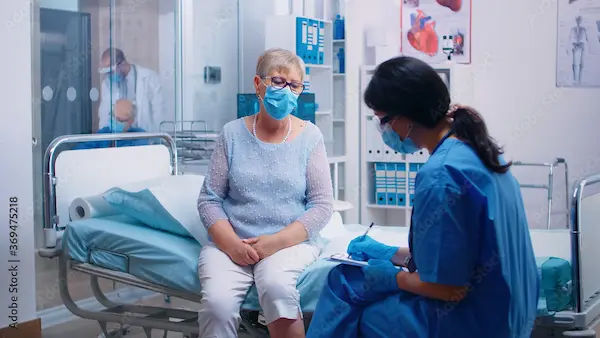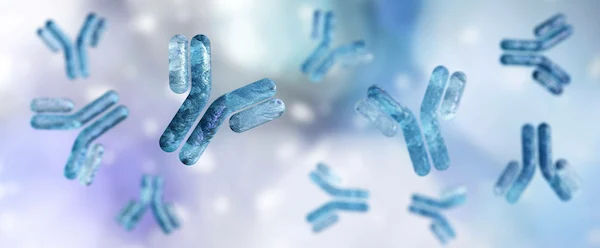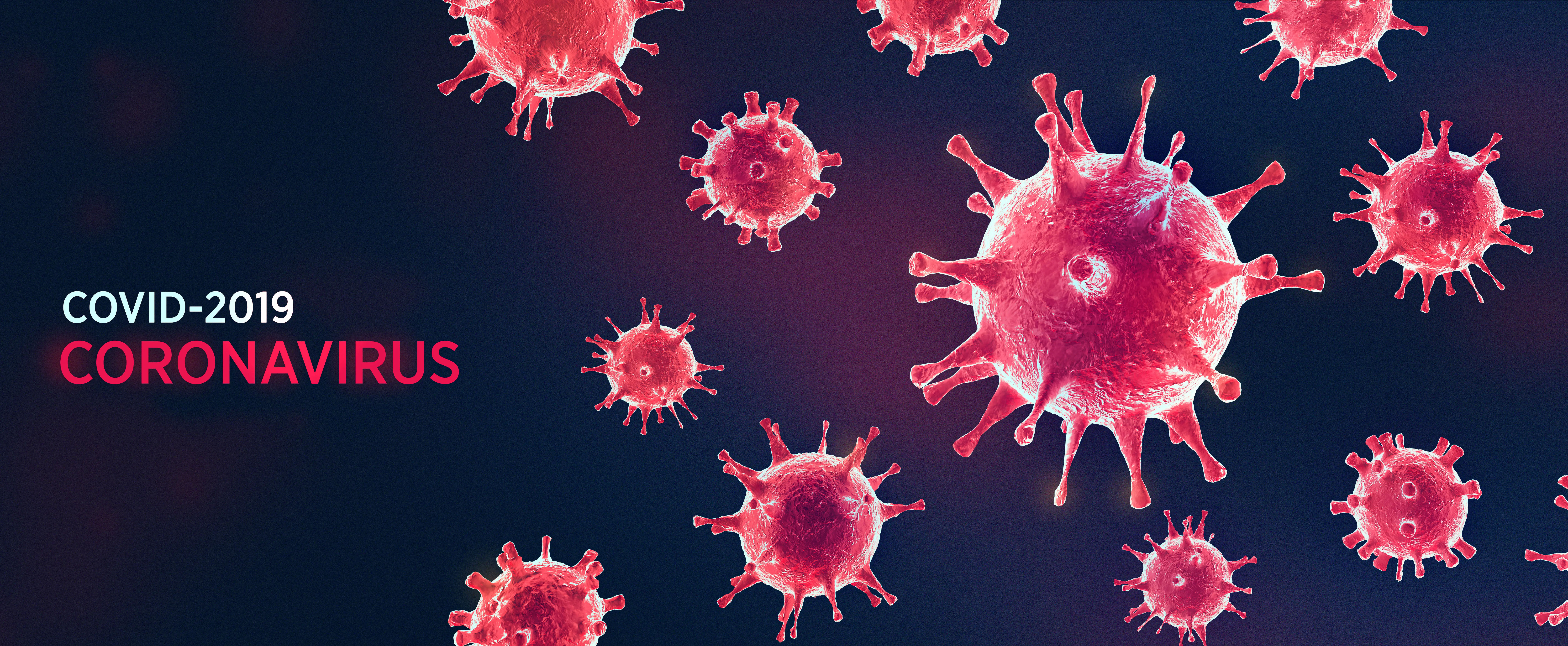JN.1 Covid Variant: Symptoms, Spread, and How to Stay Safe
Get the latest on the JN.1 Covid variant, including its symptoms, transmissibility, and the effectiveness of vaccines. Learn practical steps to protect yourself and stay informed.

Written by Dr. Dhankecha Mayank Dineshbhai
Reviewed by Dr. Siri Nallapu MBBS
Last updated on 13th Jan, 2026

Introduction
A new COVID-19 variant, named JN.1, is now the most widely circulating variant across the globe, prompting fresh concerns and questions. As a descendant of the Omicron subvariant BA.2.86 (dubbed "Pirola"), JN.1's rapid growth suggests it is either more transmissible or better at evading our immune systems—or both. But what does this mean for you and your family? This guide breaks down everything you need to know about this new Covid variant, from its distinct symptoms and vaccine compatibility to practical steps for protection. Whether you're trying to understand your risk or looking for the latest health advice, we’ve got you covered.
What Exactly is the JN.1 Variant?
JN.1 is a direct offshoot of the BA.2.86 variant, which itself was a highly mutated Omicron descendant that caught the attention of scientists in mid-2023. The key difference between BA.2.86 and JN.1 is a single additional mutation in the spike protein, known as L455S. This spike protein is the part of the virus that latches onto human cells, and it's also the primary target of antibodies generated by vaccines and previous infections. This small change appears to have given JN.1 a significant advantage in spreading quickly through populations.
The BA.2.86 Lineage and the Pirola Family
The "Pirola" family (BA.2.86) was concerning due to its large number of mutations compared to its predecessor, XBB.1.5. While Pirola itself did not become globally dominant, it served as an evolutionary stepping stone. JN.1 inherited all these mutations and then added one more, refining its ability to infect people.
The Key Mutation: L455S and What It Means
The L455S mutation is located in the receptor-binding domain of the spike protein, an area crucial for antibody recognition. Early laboratory studies suggest this mutation may enhance the virus's ability to bind to human ACE2 receptors and, more importantly, make it harder for existing antibodies to neutralise it. This is a classic example of viral evolution, where a small tweak leads to a big impact on transmissibility.
Recognising the Symptoms of JN.1
The symptoms caused by the JN.1 variant appear to be largely consistent with those of other recent Omicron subvariants. There is no conclusive evidence yet that it causes more severe disease, but its ability to spread quickly means more people are experiencing COVID-19 symptoms.
Most Common Reported Signs
Based on data from health agencies like the CDC and reports from cases, the most common symptoms include:
Sore throat
Congestion or runny nose
Cough
Fatigue
Headache
Muscle aches
Fever or chills
Loss of taste or smell (less common than with earlier variants)
Are the Symptoms Different from Previous Variants?
While the symptom list is similar, many patients and doctors anecdotally report a high prevalence of gastrointestinal issues like diarrhoea with JN.1 infections. However, sore throat and congestion remain the hallmark initial signs. The overall disease severity for most healthy individuals remains low to moderate.
When to Seek Medical Advice
Most people can manage symptoms at home with rest, hydration, and over-the-counter medications. However, you should seek medical attention if you experience trouble breathing, persistent chest pain, confusion, an inability to stay awake, or pale/gray/blue skin. High-risk individuals (elderly, immunocompromised, or those with chronic conditions) should be particularly vigilant.
Consult Top Specialists for Personalised Tips
How Contagious is JN.1? Understanding Its Spread
JN.1 is undoubtedly highly contagious. Its rapid rise to dominance—making up a vast majority of sequenced cases in many countries—is a clear sign of its growth advantage. It is significantly more transmissible than the HV.1 and EG.5 variants that were circulating before it.
JN.1's Growth Advantage Explained
This advantage is likely twofold. First, its mutations may allow it to bind to human cells more efficiently. Second, and perhaps more importantly, its mutated spike protein makes it less recognisable to the immune system, allowing it to cause breakthrough infections in vaccinated individuals or reinfect those who had COVID-19 relatively recently.
Reinfection Risks with the New Variant
The immune evasion properties mean that reinfection is possible, even if you had a different Omicron variant in the past year. The level of protection from past infection depends on its recency and severity. This underscores why layered protections are still valuable, especially in crowded indoor settings.
Will Vaccines and Past Immunity Work Against JN.1?
This is the million-dollar question. The encouraging news is that our immune systems are not starting from zero.
The Latest on Vaccine Effectiveness
While the JN.1 variant is better at evading immunity, vaccines are still expected to provide strong protection against severe disease, hospitalization, and death. Antibodies generated by vaccination may be less effective at preventing a mild infection entirely, but other parts of the immune system (T-cells) continue to work well to stop the virus from causing serious harm.
The Importance of the Updated XBB.1.5 Booster
The updated COVID-19 vaccines (2023-2024 formula) designed to target the XBB.1.5 variant generate antibodies that are much more effective against JN.1 than antibodies from older vaccines. Getting this booster significantly improves your protection against infection and, crucially, severe outcomes from JN.1. It is the single best step you can take to protect yourself.
Current Treatments and JN.1: What Still Works?
For those who do get infected, effective treatments are available.
Efficacy of Antiviral Medications like Paxlovid
The antiviral drug Paxlovid (nirmatrelvir and ritonavir) is expected to remain effective against JN.1 because it targets a part of the virus that is not mutating rapidly. This treatment is crucial for high-risk individuals to prevent progression to severe disease. It must be started within the first five days of symptom onset. Other treatments, including Remdesivir and Molnupiravir, are also believed to be effective. If you test positive and are in a high-risk group, contact a doctor immediately to see if you are eligible for treatment.
Health Topic Carousel
Doctor Speciality: General Physician
Text: Consult Top Specialists
Your Action Plan: How to Protect Yourself and Others
Living with COVID-19 means making smart, situational choices to manage risk.
Masking Up in High-Risk Settings
Wearing a high-quality, well-fitting mask (N95, KN95, or KF94) in crowded indoor spaces like airports, public transport, and shopping malls is a highly effective way to reduce your risk of catching and spreading JN.1.
The Role of Testing and Isolation
If you have symptoms, test yourself. Rapid antigen tests are effective at detecting JN.1 when you are infectious. If you test positive, isolate from others to avoid spreading the virus. Current guidelines generally recommend isolating until you are fever-free for 24 hours without medication and your symptoms are improving.
Protecting Vulnerable Populations
If you are visiting elderly relatives or someone who is immunocompromised, consider testing yourself beforehand and wearing a mask during your visit. Ensuring good ventilation by opening windows can also drastically reduce the concentration of viral particles in the air.
Conclusion
The emergence of the JN.1 variant is a reminder that COVID-19 continues to evolve. While its high transmissibility has led to a surge in cases globally, the fundamental tools we have to fight it remain powerful. Vaccination, particularly with the latest booster, continues to be the cornerstone of protection against serious illness. Staying informed, practising situational awareness with masks and testing, and knowing when to seek treatment are the best strategies for navigating this latest wave. The goal has shifted from total prevention to smart management. By taking proactive steps, we can protect our health and continue to live our lives with confidence.
Consult Top Specialists for Personalised Tips

Dr. Rajib Ghose
General Physician/ Internal Medicine Specialist
25 Years • MBBS
East Midnapore
VIVEKANANDA SEBA SADAN, East Midnapore

Dr. Debajyoti Goswami
Obstetrician and Gynaecologist
10 Years • MBBS,D.G.O(DNB),Adv. Infertility Tech.(AIIMS),Fellowship in Diabetes(U.K),Comprehensive Abortion Care(Govt. Of W.B), Certificate in Clinical Embryology(AIIMS, BHUBANESWAR)
Bankura
D.G Clinic, Bankura
(25+ Patients)

Dr. Zulkarnain
General Physician
2 Years • MBBS, PGDM, FFM
Bengaluru
PRESTIGE SHANTHINIKETAN - SOCIETY CLINIC, Bengaluru

Dr. Ekta Pandey
General Physician/ Internal Medicine Specialist
5 Years • MBBS
Kolkata
Dr Ekta Pandey Clinic., Kolkata
(125+ Patients)
Dr. Robin Jeya Bensam
General Practitioner
25 Years • MBBS, AFIH, FCIP, FRSH
Chennai
Robin Hospitals, Chennai
More articles from Covid
Frequently Asked Questions
Is the JN.1 variant more dangerous than previous ones?
Currently, there is no evidence that JN.1 causes more severe disease than other recent variants. However, its increased transmissibility means a larger number of people may get sick, which could lead to more hospitalisations overall.
How long are you contagious with the JN.1 strain?
The infectious period for JN.1 is similar to other variants—typically a few days before symptoms start and for about 5-8 days after. You are most contagious in the early stages of illness. Follow local health guidelines on isolation periods.
Do rapid tests detect the JN.1 variant?
Yes, rapid antigen tests are effective at detecting JN.1, especially when viral load is high (usually when you have symptoms). They remain a reliable tool for determining if you are infectious.
Should I get another booster if I already had one in 2023?
Eligibility depends on factors like your age, health status, and the timing of your last dose. The CDC recommends the 2023-2024 updated vaccine for everyone aged 6 months and older. If you haven't received it yet, you should get it. Consult your doctor for specific advice.
What is the incubation period for JN.1?
The incubation period (time from exposure to symptoms) for JN.1 is estimated to be around 2-4 days, which is shorter than earlier strains, contributing to its rapid spread.




